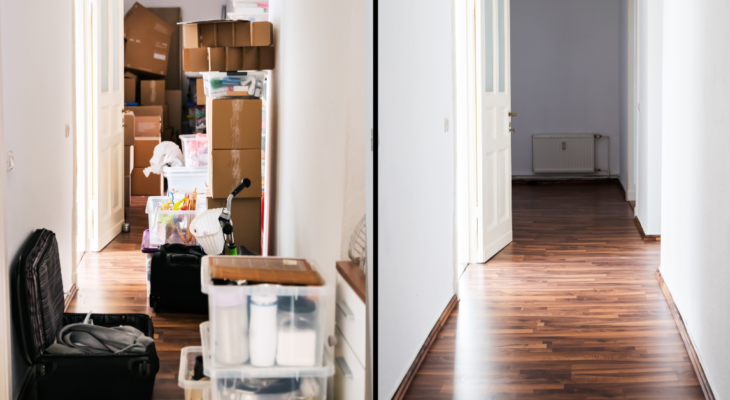In this digital age, we are always bombarded with ads in our phones and computers that tell us what we should buy in order to achieve a certain goal or to be happy. We keep on buying and accumulating things that are more than what we truly need.
Not until months and years have passed by when we later realize how much stuff we’ve been drowned, from an overflowing closet with clothes that haven’t been worn in years to shelves in our living room filled with stuff that just collect dust.

If you feel overwhelmed with too much stuff, you’re not alone. Decluttering became a trending topic by the start of the pandemic. More people realize that they want to reclaim their space and sanity.
In this blog post, you’ll learn how you can start to declutter, organize, and create a peaceful space in your entire home.
Why You’re Overwhelmed With Too Much Stuff?
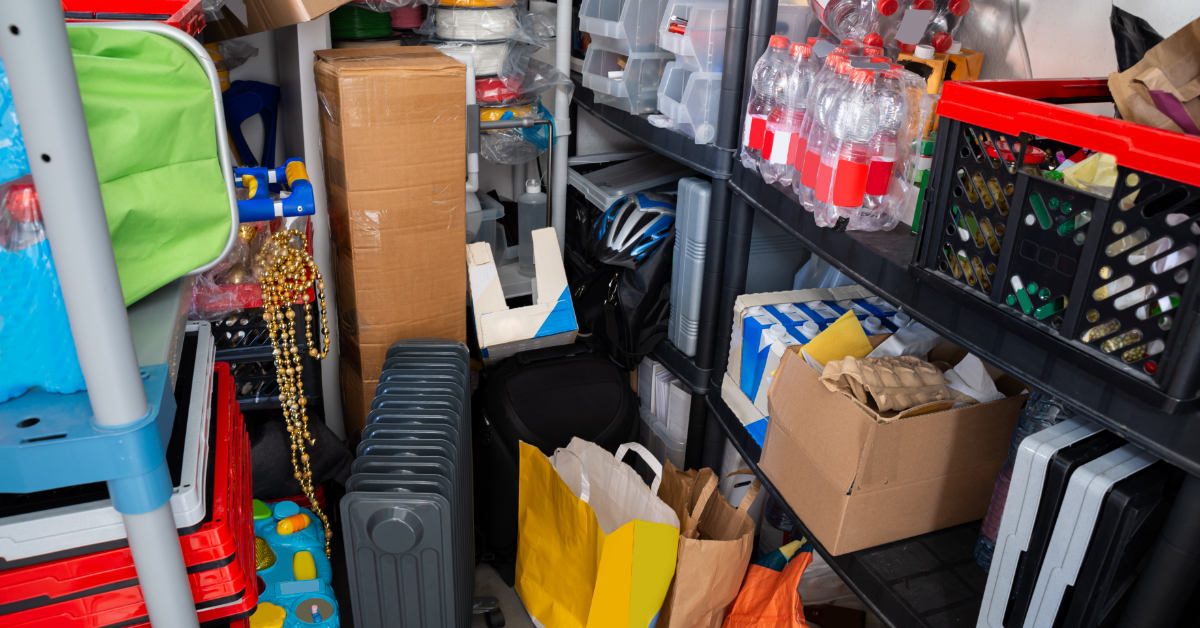
Feeling overwhelmed and drained is often a result of having too much stuff cluttering our physical spaces which can affect our mental heath. When our environment is filled with clutter, it can becomes chaotic and makes it difficult to focus or relax.
Additionally, constantly seeing piles of belongings can trigger feelings of anxiety and stress, draining our energy and leaving us feeling overwhelmed.
The accumulation of belongings doesn’t happen overnight. Our unplanned purchases build up over weeks, months, and even years without us fully realizing it. As time passes, what started as a few items grow into overwhelming clutter that affects our daily lives.
What Are The Stuff You Should Let Go?
1. Unused and damaged clothes
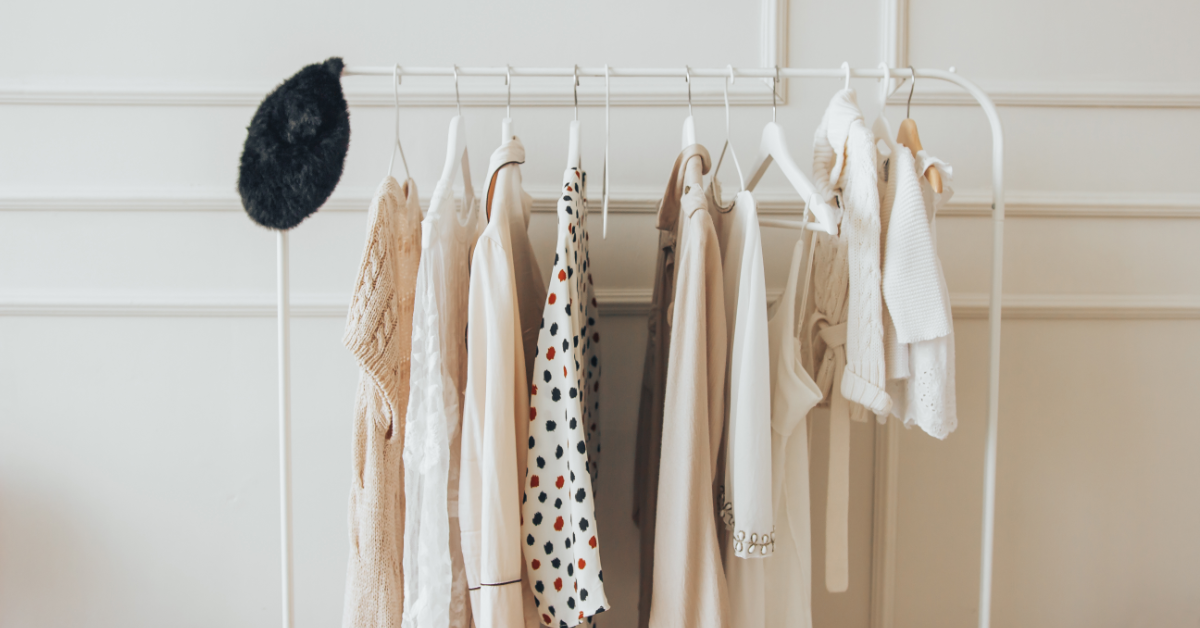
Letting go of damages clothes, those that no longer fit, or simply don’t resonate with your recent style can free up valuable space in your closet and reduce decision fatigue when choosing outfits.
2. Stuff Of Any Kind That You No Longer Use
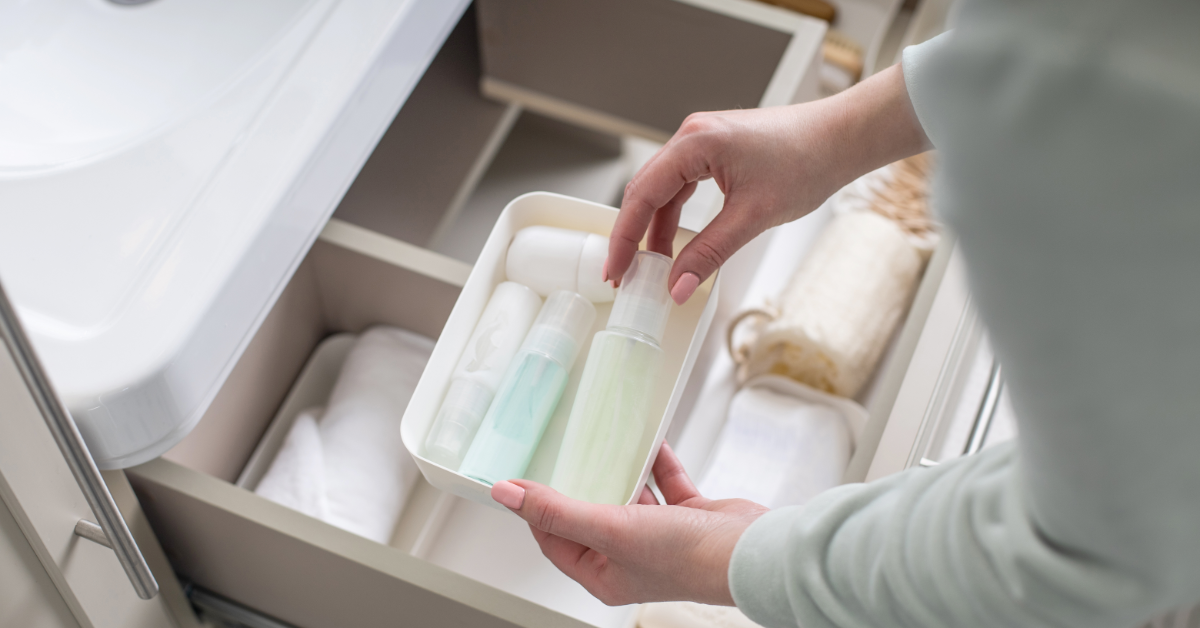
This includes items like kitchen gadgets, electronics, or household decorations that have been gathering dust on shelves or in drawers. If you haven’t used them in a while, you won’t miss them when they’re gone.
3. Broken objects
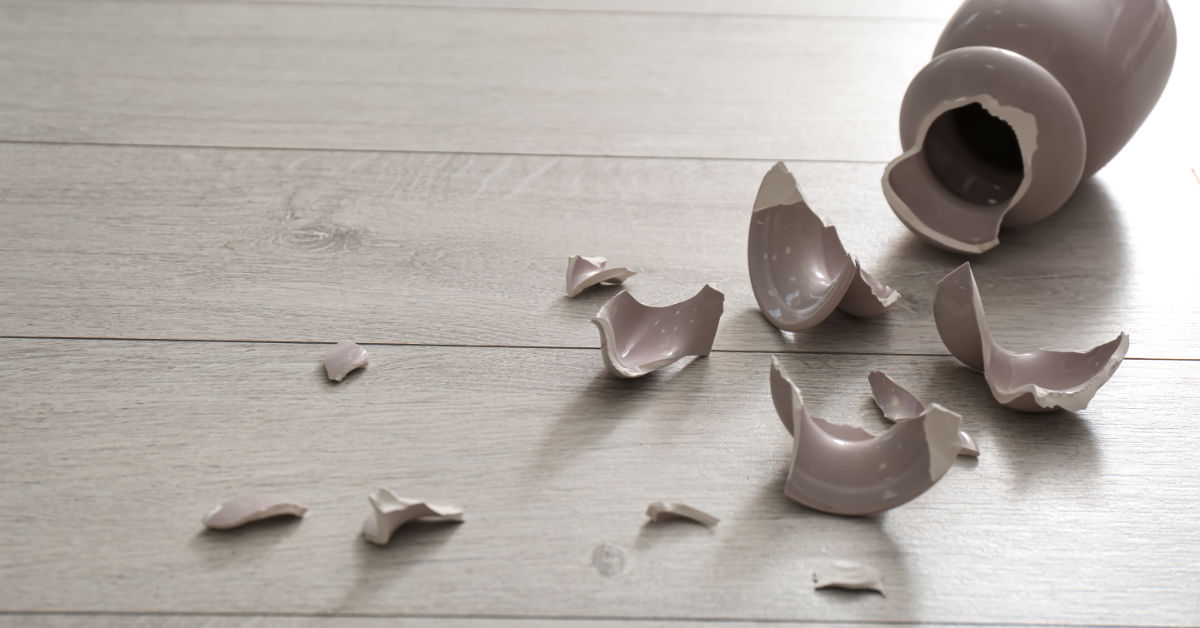
Whether these are chipped mugs, cracked vases, or outdated decor, broken items don’t serve any purpose other than taking up space.
Also, shoes that are beyond repair or uncomfortable to wear can be safely discarded to declutter your storage and make room for pairs you enjoy wearing.
Letting go of these stuff will clear your environment of visual clutter and create a more harmonious living space.
5. Old magazines, brochures, and receipts
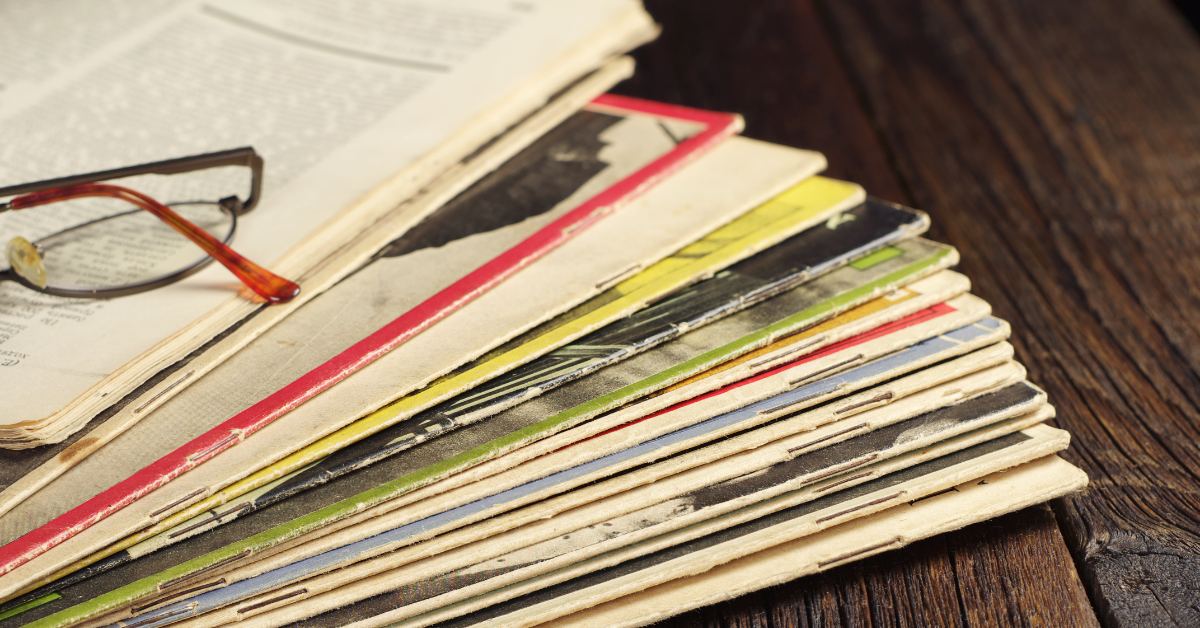
Paper clutter accumulates quickly and contributes to feelings of overwhelm. Dispose of old magazines, brochures, and receipts that no longer serve any practical purpose to streamline your space.
6. Old books

Books that you no longer read or need can be donated to libraries or schools where they can still be utilized and appreciated by others. If you can’t do it for everything, keep only the ones that hold sentimental value or are frequently referenced.
7. Unused and damaged toys
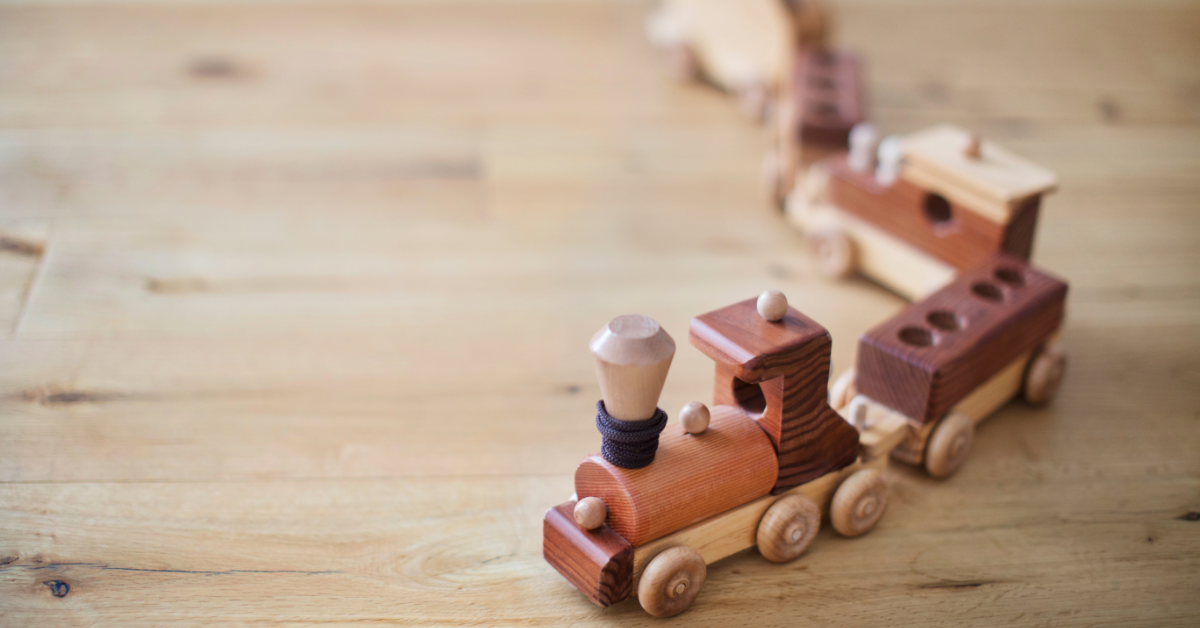
If you have kids, children’s toys that are broken or no longer played with can be donated or discarded to create a more organized and enjoyable play area for kids.
8. Dead plants
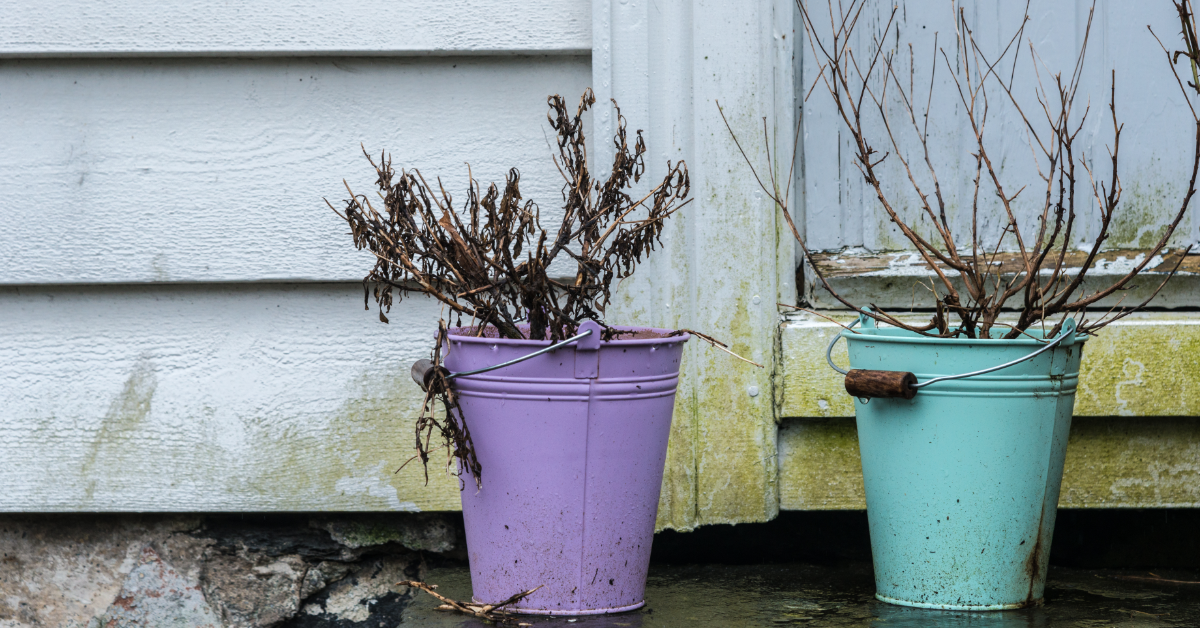
If you have plants that have withered away or are beyond revival, it’s time to bid them farewell.
9. Old cards and notes
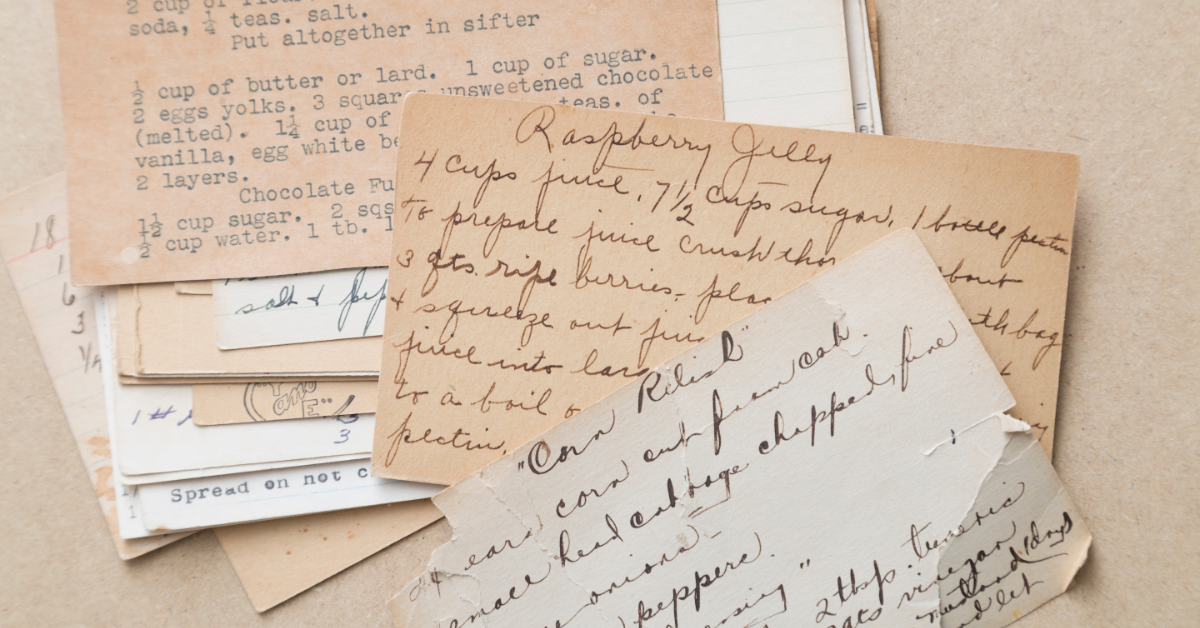
While sentimental, keeping every card or note you’ve ever received can lead to clutter. Selectively keep those with special meaning and let go of the rest to maintain a tidy space.
10. DVDs, CDs, or cassette tapes
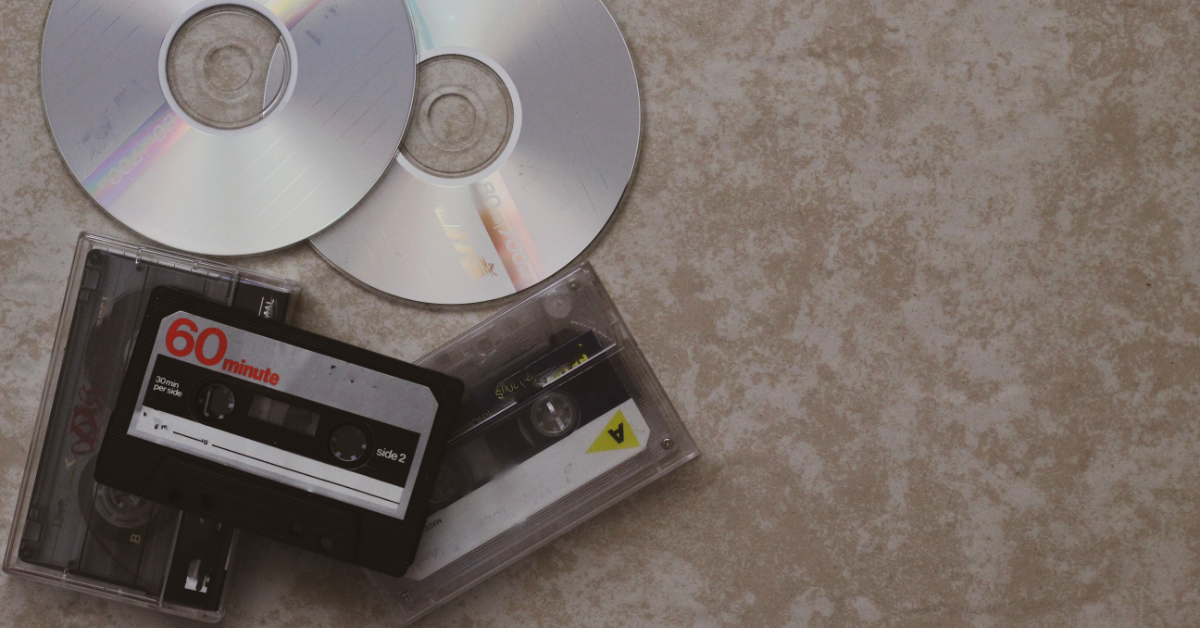
With the rise of digital streaming services, physical media like DVDs, CDs, and cassette tapes may be taking up unnecessary space in your home.
Consider digitizing your collection to preserve the content while freeing up physical storage space. Once digitized, you can responsibly dispose of these items to declutter your living areas.
11. Items from the past that are no longer relevant to you
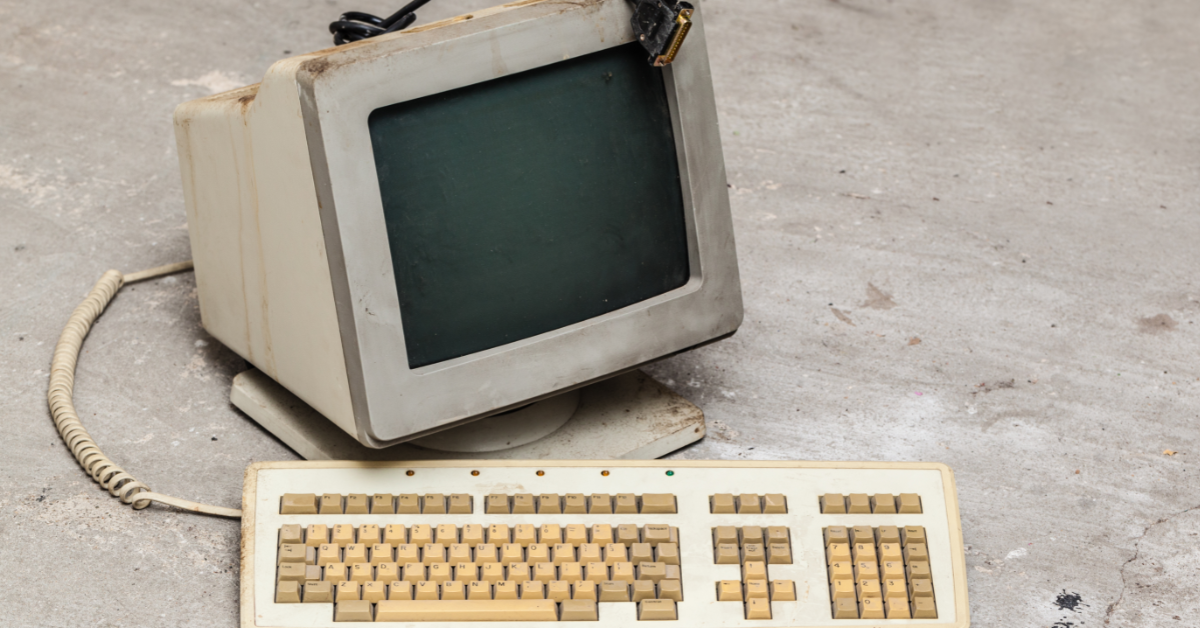
Whether it’s memorabilia from past hobbies, outdated technology, or sentimental items that no longer hold significance, evaluating which items align with your current lifestyle can help you let go of the past and embrace the present.
2 Questions To Ask Yourself When You Find It Hard Letting Go
1. Why am I saving that?
Ask yourself why you’re holding on to an item can help you evaluate its significance and necessity in your life.
Consider whether it serves a practical purpose, holds sentimental value, or if you’re keeping it out of habit.
This question can guide you in discerning whether the item is worth keeping or if it’s time to let it go.
2. How will I feel if I release that?
Reflecting on the emotional impact of letting go of a certain item can help you understand any attachments or fears associated with the item.
Consider how your space and mental well-being might benefit from decluttering. Then, weigh that against any reluctance to part with the item.
This question can help you make a more informed decision about whether holding onto the item is truly serving you.
6 Tips To Start Decluttering
1. Envision What You Want And Why You’re Doing This
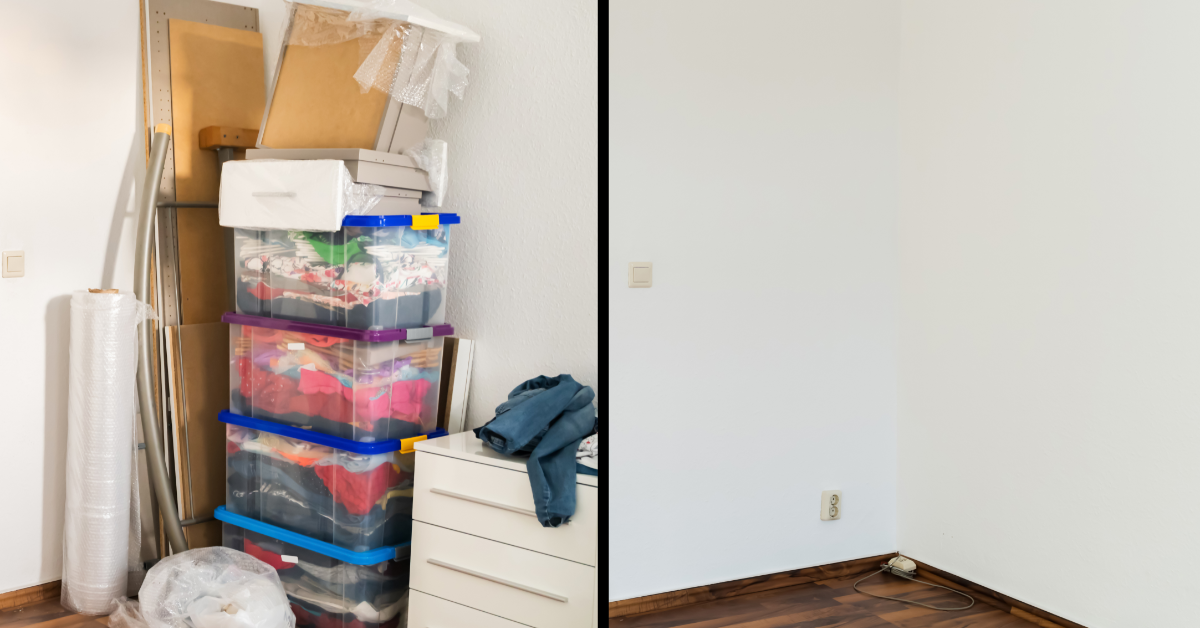
Before you start decluttering, envision the outcome you desire and your purpose of why you’re doing it.
Think whether you want to have an organized living space, to reduce stress, or to increase productivity.
Making goals will keep you motivated and focused during the decluttering process. So, write down those goals and decluttering plan to get you started.
2. Start Small Steps

With the decluttering plan and goals you made, start with manageable tasks or areas. Approach it gradually and systematically.
Start to spend time during the day to focus on decluttering. You can set a timer for this. Whether it’s fifteen minutes in the morning or an hour after work, make it a commitment to show-up when decluttering so you’ll have steady progress without feeling overwhelmed.
If you feel tired, don’t be so hard on yourself. Take a rest then go back the next day once you feel recharged. Remember, making progress is better than achieving perfection.
In terms of which space you should prioritize, begin with a single drawer, shelf, or one room, and gradually work your way through bigger spaces so it won’t be overwhelming.
Breaking the process into smaller and more achievable steps instead of doing it in a day for the whole house can make it feel less daunting and help you maintain momentum.
2. Get rid of distractions
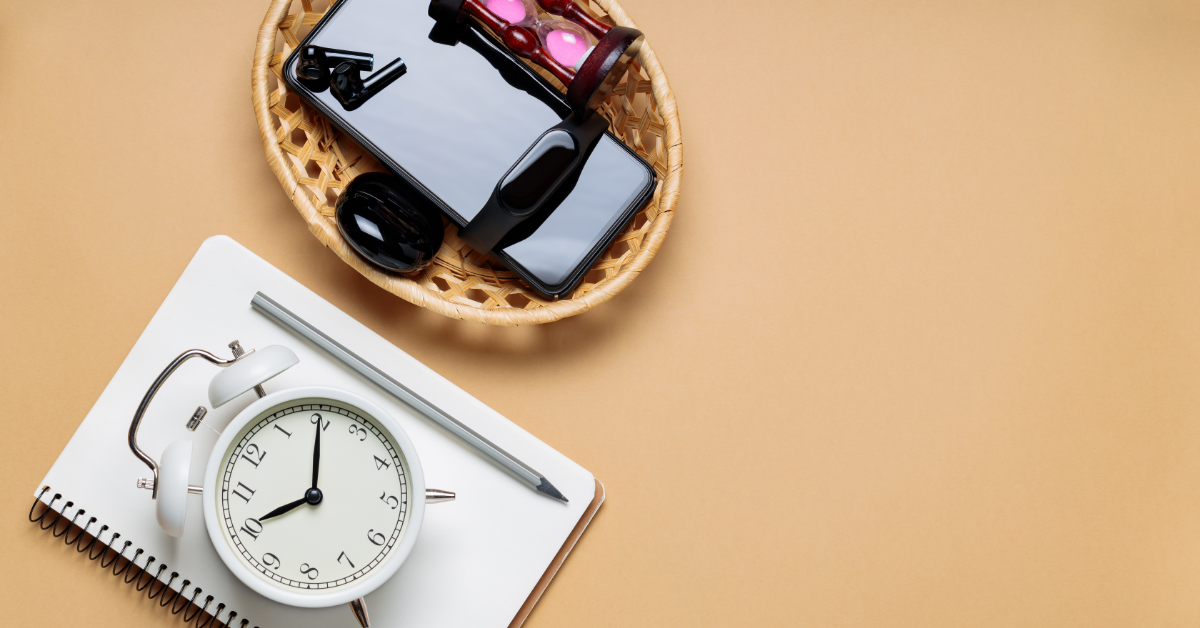
Distractions divert us from focusing on your decluttering process. So, turn off your phone or put it in silent mode. Close unnecessary tabs on your computer and play calming music if it helps you concentrate.
Likewise, consider listening to your favorite podcast while decluttering to make the task feel less daunting and more enjoyable.
Minimizing distractions can help you stay on track and make better decisions about what to keep or discard while keeping you engaged and motivated throughout the process.
3. Have A Sorting Bin To Separate And Classify
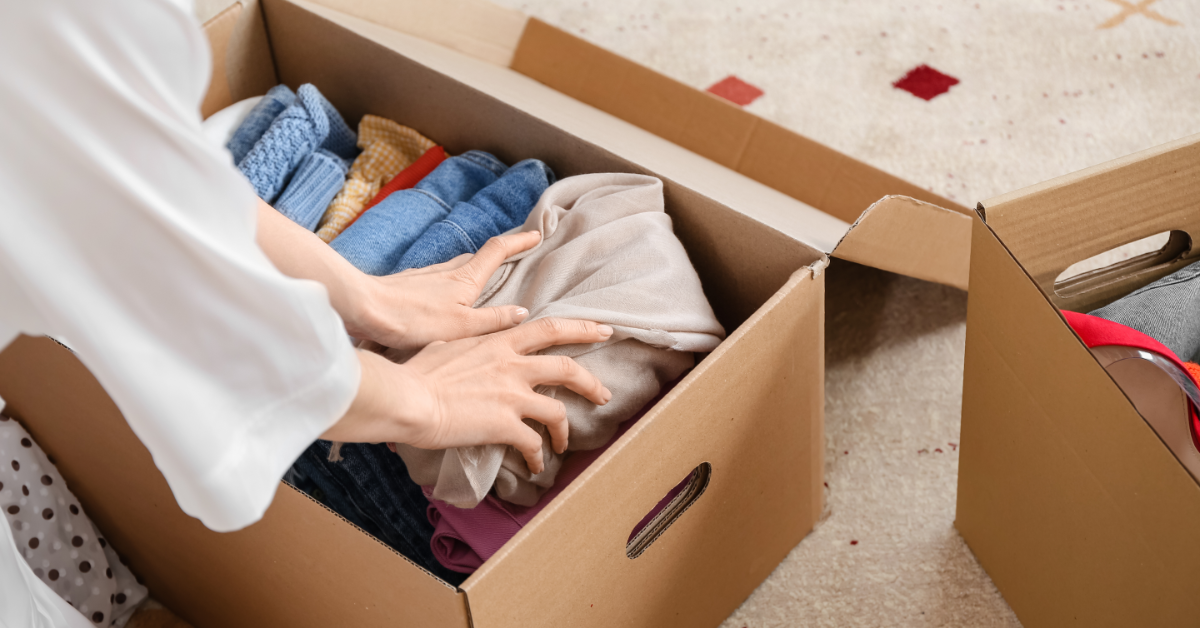
Have designated bins or containers to sort items into categories. Label each bin with its purpose to easily distinguish between items to donate, throw away, sell, or keep.
- To Donate
- To Throw
- To Sell
- To Keep
This systematic approach helps prevent decision paralysis and keeps the decluttering process organized.
5. Making Decluttering A Habit
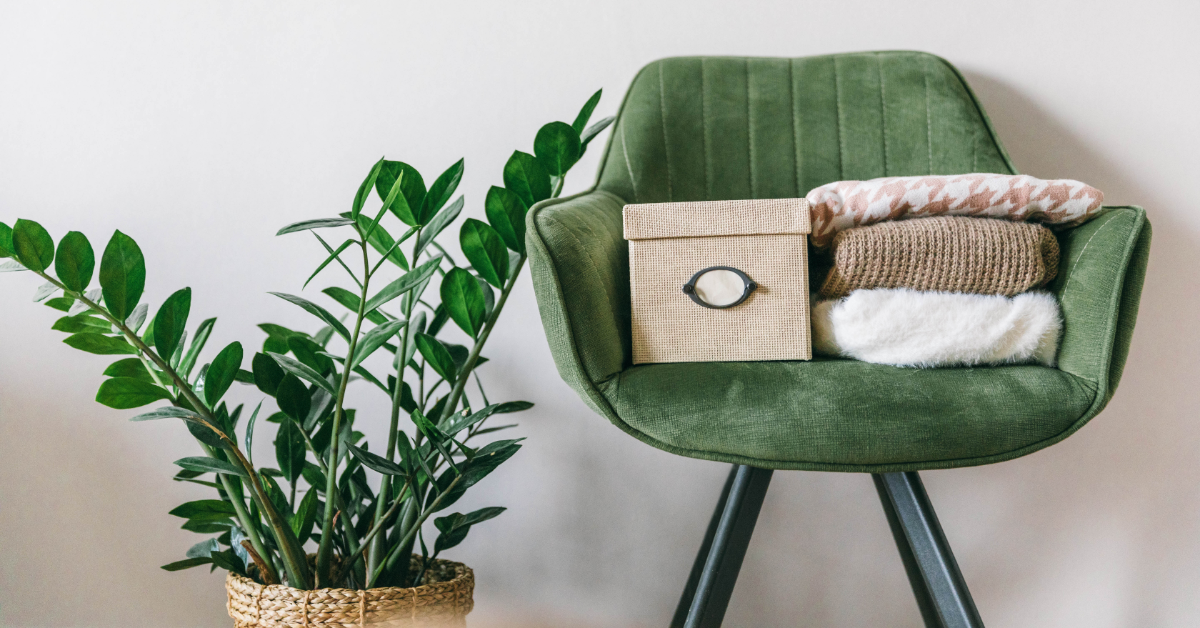
Cultivate a habit of regular decluttering to prevent items from accumulating in the future.
Incorporate short decluttering sessions into your daily, weekly, or monthly routine to continually reassess your belongings and keep your space organized.
For example, you could designate once a month or a week when you make time for decluttering activities. In this way, decluttering won’t feel overwhelming over time and this also allows you to be consistent in your efforts.
Remember, decluttering is not an end. It’s an ongoing process of growth and self-discovery. As you engage in decluttering, you’ll learn more about yourself and your preferences.
You understand which possessions hold true value and which ones no longer serve you. You evolve as a person throughout the journey.
6. Seek help from a professional organizer
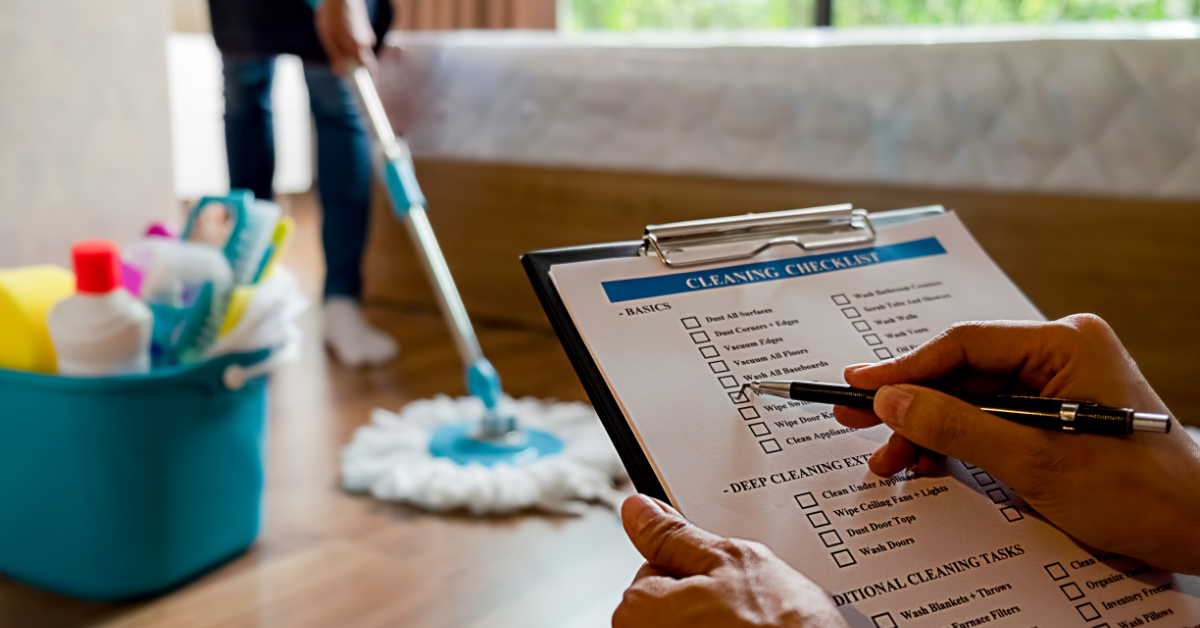
If you find it challenging and overwhelming to do it by yourself, consider seeking the help of a professional organizer to organize your space effectively.
You may crowd source through social media, join Facebook groups about decluttering, or ask some family members if they know a professional organizer to help you in this process.
Decluttering System You Can Do To Avoid Piling Up of Things
1. One In, One Out Rule
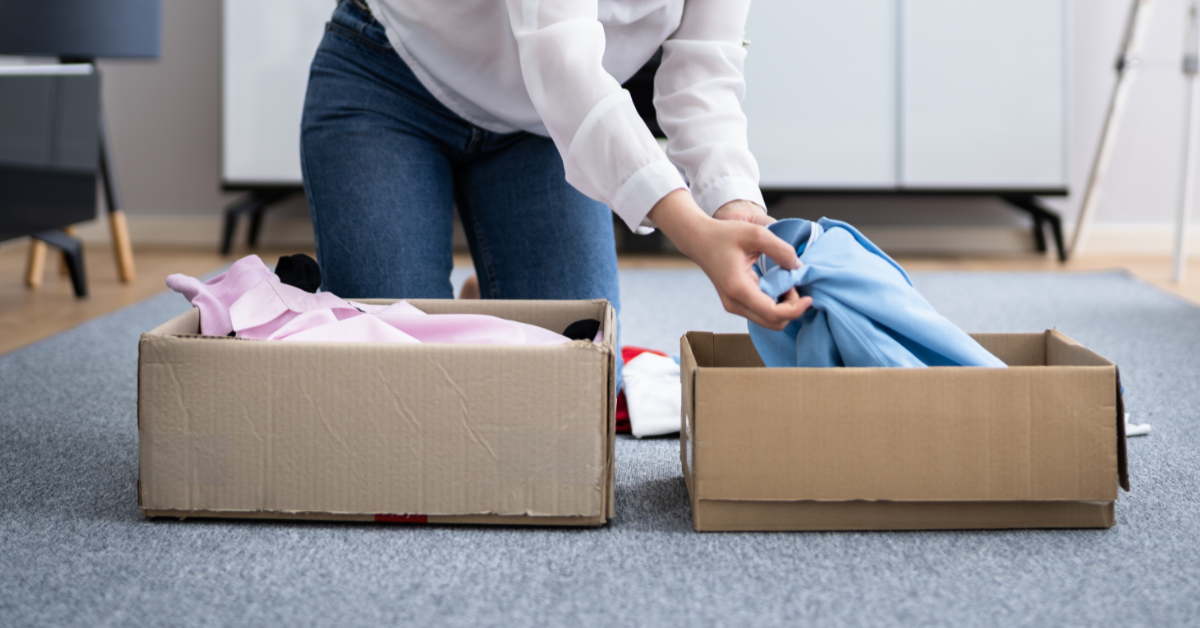
For every new item you bring into your home, whether it’s a clothing item, gadget, or household item, let go of an old one. This prevents accumulation of unwanted items and encourages mindful consumption.
2. Assess if the purchase is a need or a want

Before making a new purchase, ask yourself whether it’s a need or a want.
Assessing the necessity of an item helps you make intentional buying decisions and reduces impulse purchases that contribute to more clutter.
Additionally, consider if the item will be used rarely or for a specific occasion. If not, explore alternative options that you already own or could borrow.
3. Practice delayed gratification
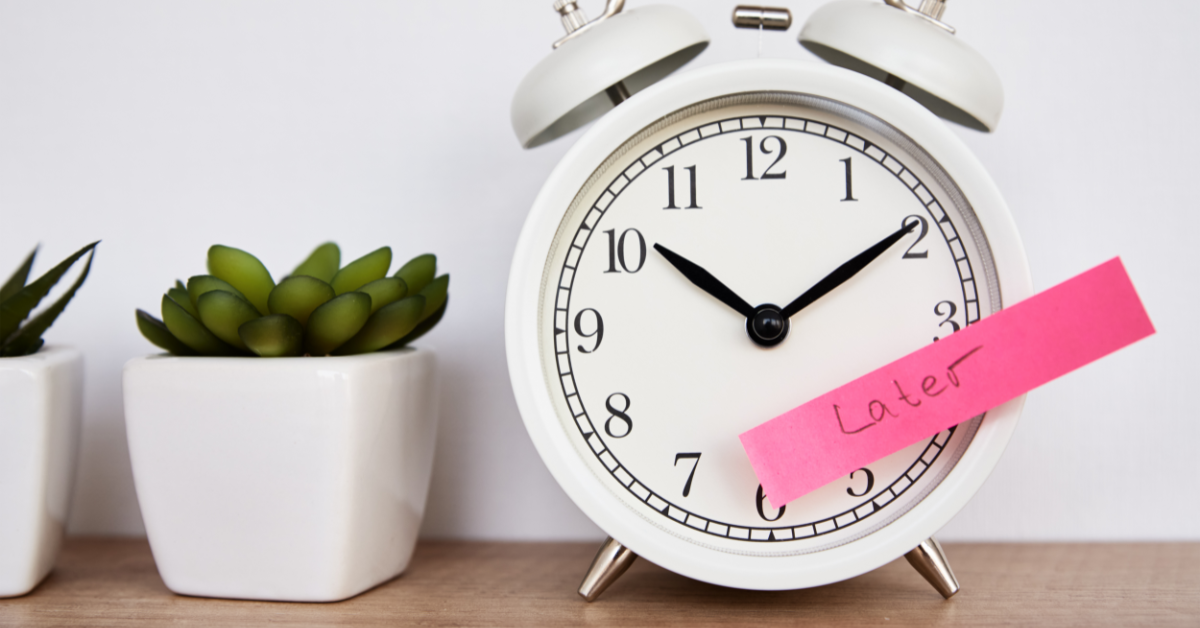
Wait before making non-essential purchases. Give yourself time to consider whether the item aligns with your values and priorities.
4. Keep digital copies of important documents
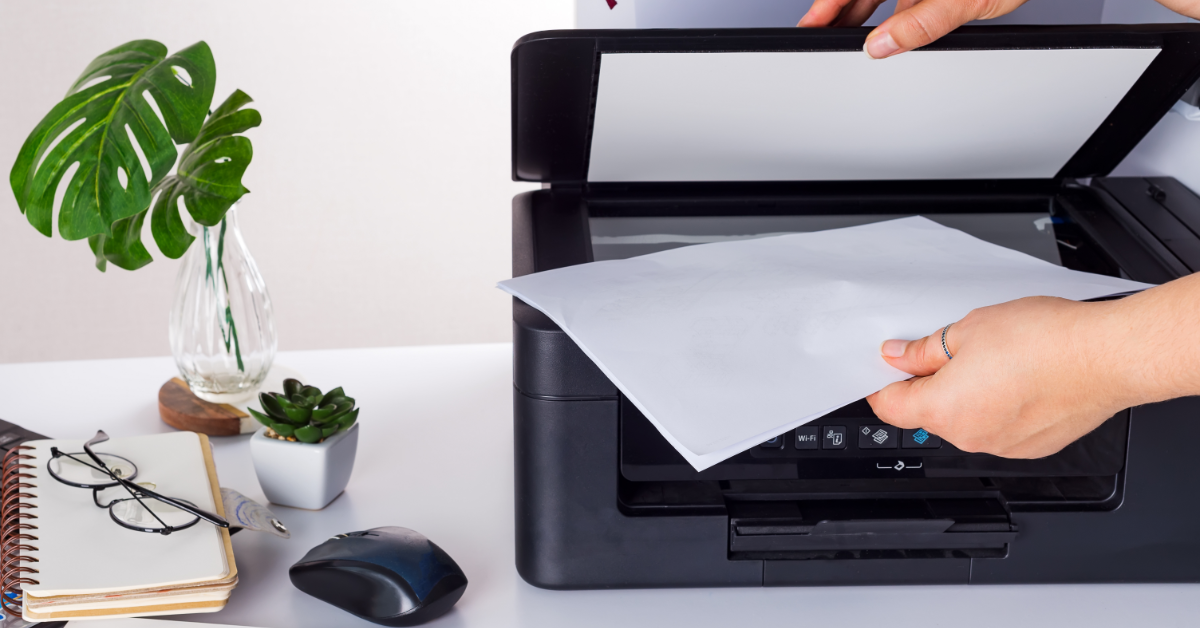
Scan important documents such as receipts, bills, and paperwork, then store them securely on your computer, storage drive, or in the cloud.
While some documents may require hard copies for legal or official purposes, consider keeping soft copies of them as well for future reference.
This not only reduces physical clutter but also ensures easy access and organization of your important records.
How Does Letting Go Of Stuff Benefit You?
1. Mental health
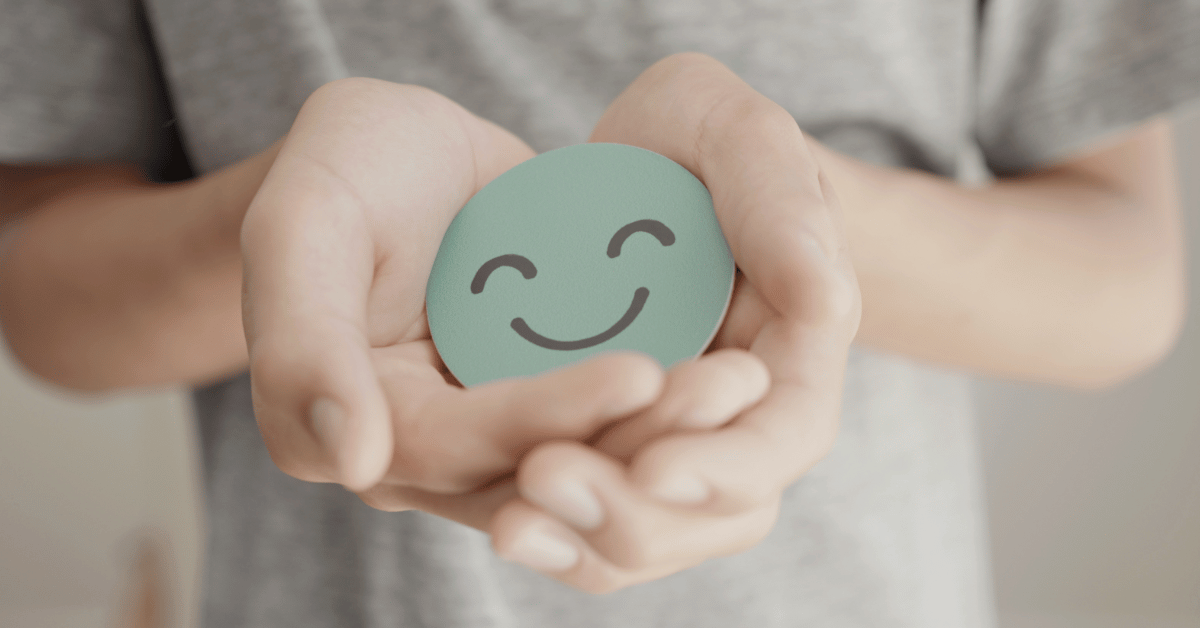
Decluttering your physical space helps to clear mental clutter as you’re less overwhelmed by the presence of too much stuff.
With a clutter-free environment, this helps increase productivity and focus as a well. With fewer distractions, you can devote more energy to tasks and goals which improves your efficiency in your daily life especially if you’re a busy person.
2. More space, time and energy
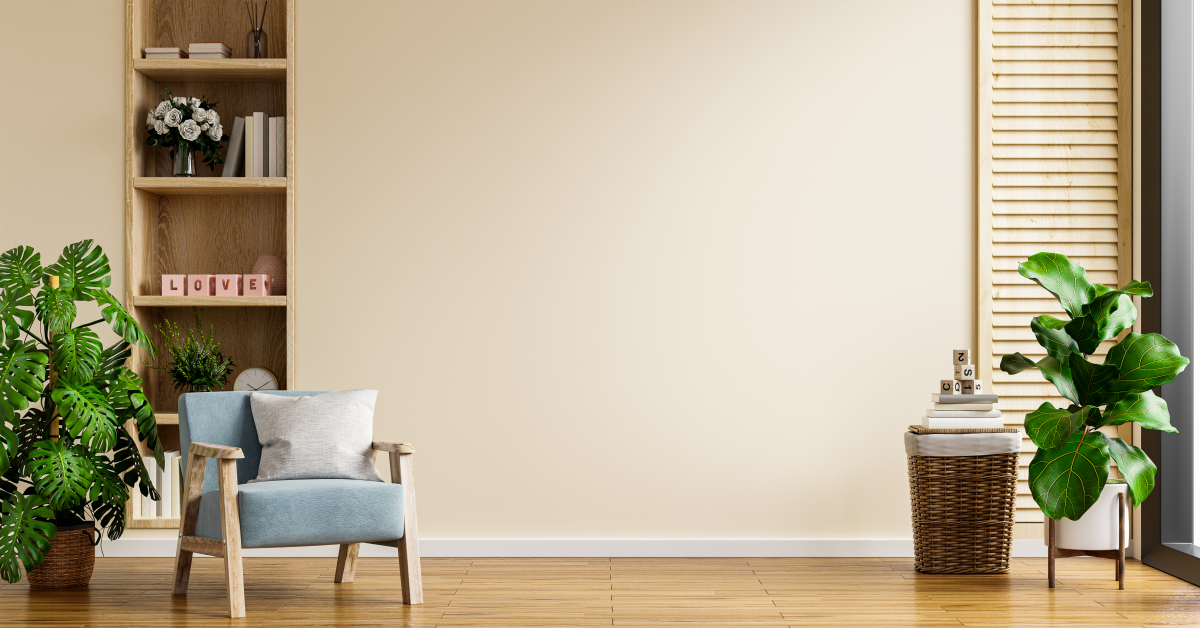
Instead of spending hours managing and organizing clutter, you have the freedom to pursue activities that bring you joy and fulfillment.
This also positively impacts your relationships as you create better connections with family members, roommates, and partners, reducing tension and conflicts over space.
3. Financial Benefits
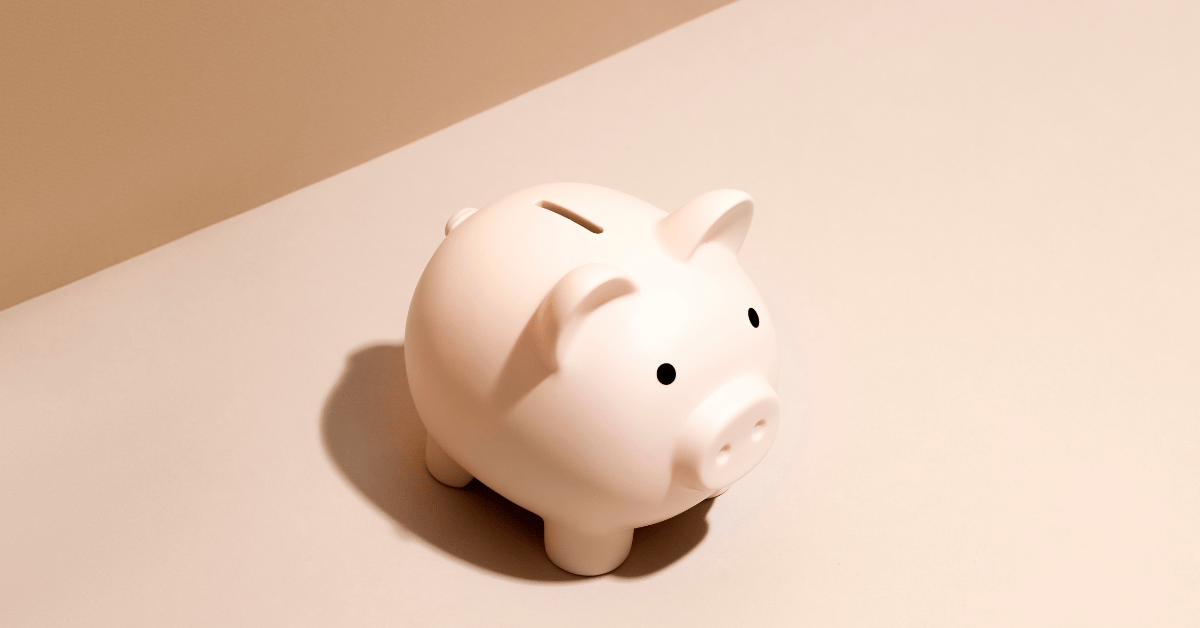
Financially, letting go of stuff can save you money in the long run. By resisting the urge to accumulate more belongings and making mindful purchasing decisions instead, you avoid unnecessary expenses and prioritize what truly matters.
Wrapping Up The Chaos
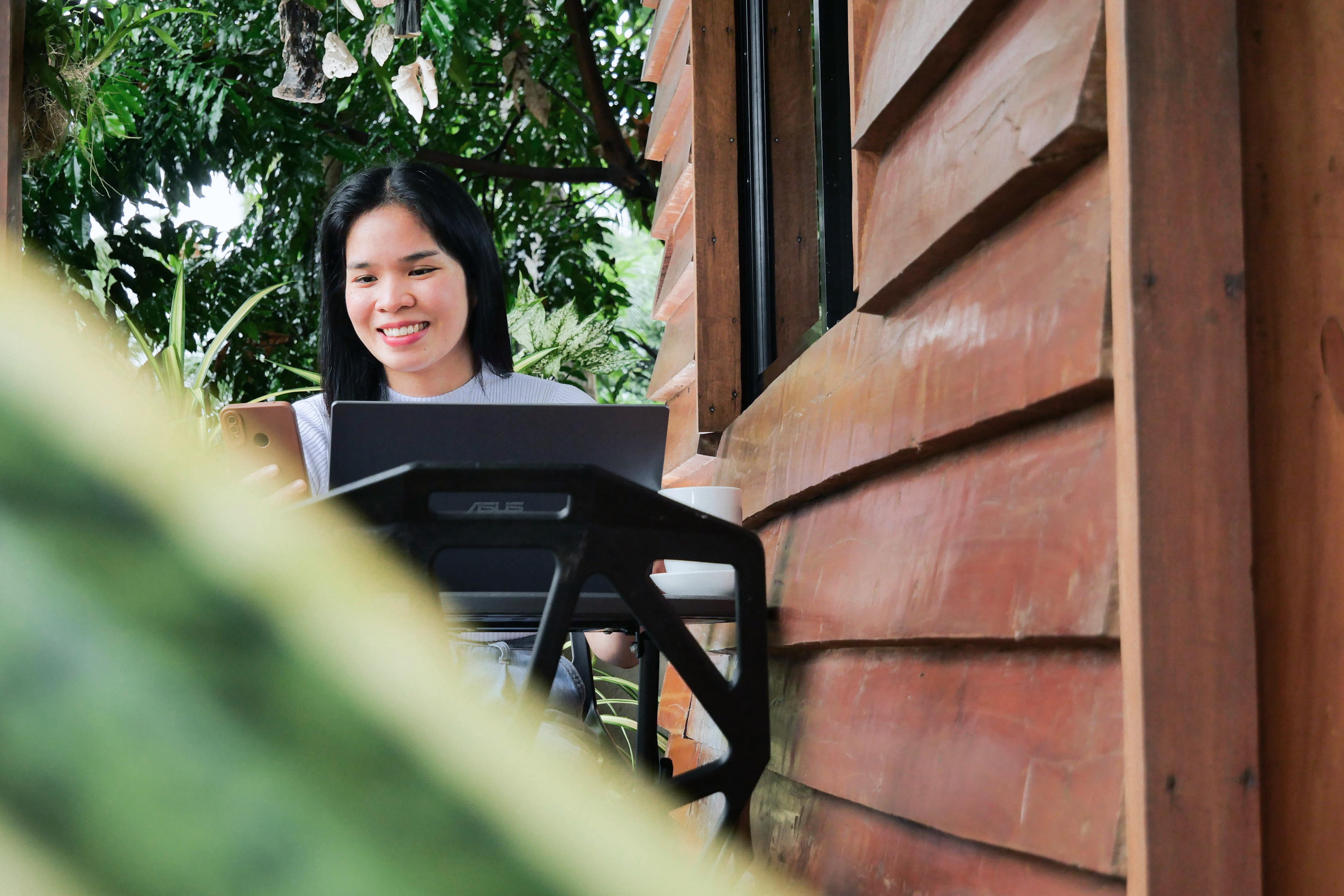
At some point in our lives, we once had overwhelming feelings with too much stuff and realized how much we wasted our money and time for unnecessary things. What matters most is we’re able to reflect on these things to renew our lives.
Decluttering is not just about clearing physical clutter. It’s a journey of self-discovery and intentional living.
By consciously evaluating belongings and prioritizing what truly matters, we have more clarity and purpose in our lives.
At the end of the day, true wealth does not lie in material objects. It’s in the richness from experiences we embark on, the relationships we share, and the growth in our lives.
Did I miss anything? Comment down by sharing your decluttering successes, challenges, and insights.
Together, let’s continue to support and inspire one another on the path to a clutter-free and fulfilling life.

